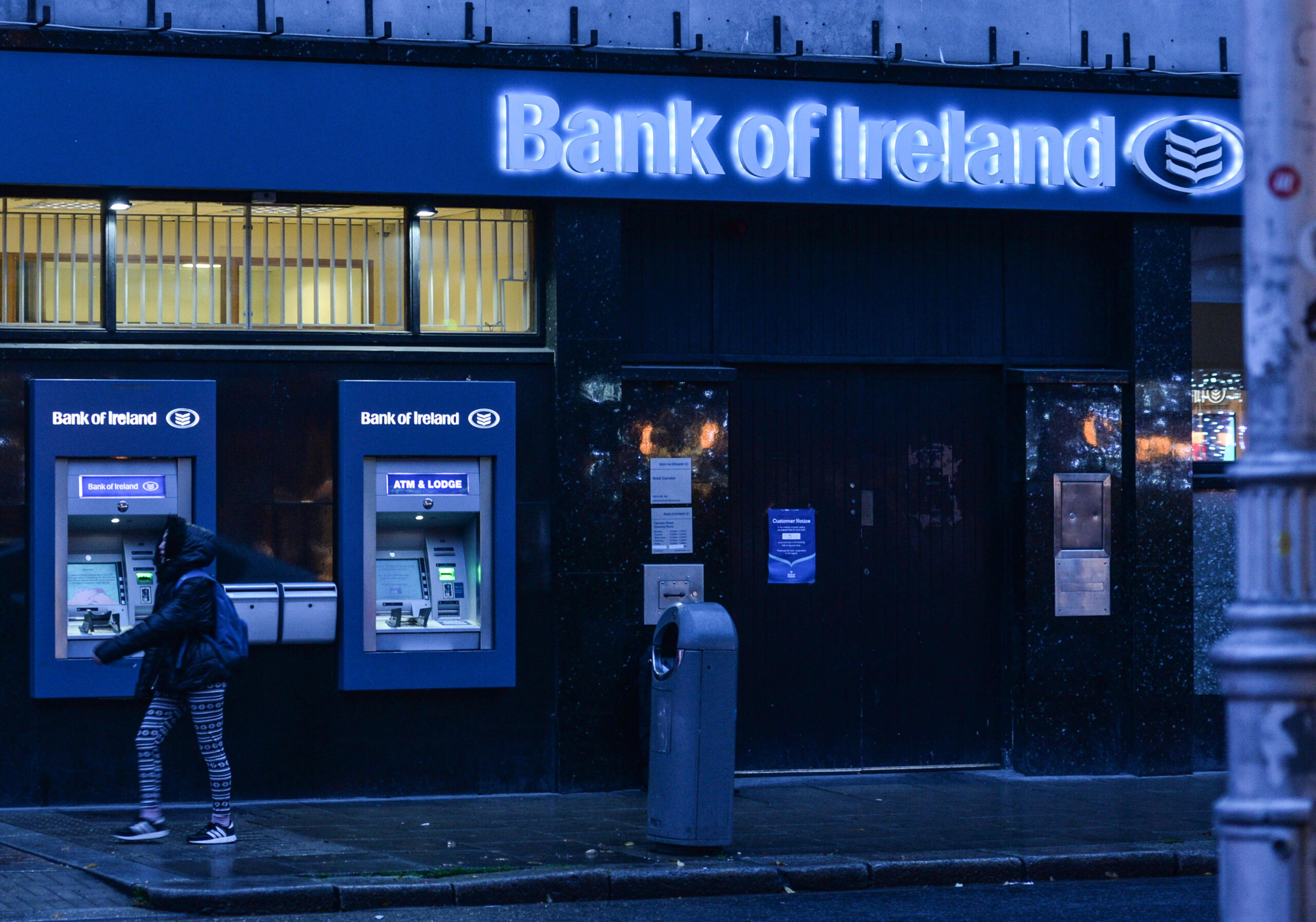Introduction
In July 2025, NatWest Group took yet another definitive step in its prolonged and strategic withdrawal from the Republic of Ireland. This latest milestone—the sale of its remaining 11.7% stake in Permanent TSB Group Holdings PLC (PTSB)—marks a crucial moment for both the British banking giant and the Irish financial landscape. The process, spanning several years, mirrors the shifting priorities within global banking, regulatory demands, and the lasting fallout from crises that shook Ireland’s financial sector more than a decade ago.
Why Did NatWest Withdraw?
NatWest’s retreat is rooted in both economic pragmatism and hard-learned lessons from the Irish property bust and the global financial crisis of 2008. Ulster Bank, its Irish subsidiary, was deeply affected by loan losses linked to real estate and broader structural challenges in the Irish economy. Despite years of restructuring, NatWest concluded by 2021 that its Irish business could not achieve sustainable returns, prompting the difficult decision to wind down all operations in the Republic of Ireland.
Chief Executive Alison Rose emphasized that the move was part of a reorientation to refocus on core markets—the UK specifically. This is in line with broader industry trends, where large banks worldwide have exited non-core geographies in search of stability and improved returns.
The Process of Withdrawal
The withdrawal was engineered as an “orderly transition” to support both customers and employees throughout the process. The key steps included:
- Branch Closures: Ulster Bank closed its branch network in the Republic of Ireland starting in 2023. Locations in Northern Ireland, however, remain unaffected and operational.
- Asset Sales: NatWest began selling large parts of its Irish loan book to other domestic banks. Allied Irish Banks (AIB) acquired about €4.2 billion in gross performing commercial lending, while PTSB took over non-tracker mortgages, small business loans, the Lombard asset finance business, and a number of branches.
- Equity Stake in PTSB: As part of the compensation for transferring assets, NatWest received a significant equity stake in PTSB, which it has now sold in its entirety.
- License Surrender: In addition, NatWest returned its Irish banking license, marking the end of direct banking activity in the jurisdiction.
The Final Exit: Divesting from PTSB
The sale of NatWest’s final 11.7% holding in PTSB, worth approximately €133 million, was conducted via an accelerated bookbuilding process managed by major investment banks. The Irish government, with a 57% stake in PTSB, agreed to a 90-day lock-up on its shares post-sale, ensuring market stability during the transition period.
For PTSB, this move removes a large institutional shareholder while unlocking new opportunities for share price stabilization and investment. The transaction also offers a lens into how Irish banking is consolidating, with remaining lenders pursuing scale and efficiency in a market now less crowded by foreign giants.
Broader Impact on Ireland’s Banking Sector
NatWest’s departure is not just a corporate maneuver but a seismic restructuring of Ireland’s banking world. Over 1 million accounts and more than 2,500 jobs were directly affected, with most staff offered roles at acquiring institutions or transitioned under Irish labor regulations.
The ramifications include:
Reduced Competition: The withdrawal means fewer foreign players in the Irish market, raising debates about the impact on consumer choice and innovation.
Opportunities for Domestic Growth: PTSB and AIB have both expanded their assets and branch networks, accelerating their transformation strategies.
Regulatory Oversight: Irish authorities have closely monitored these transactions, focusing on competition, stability, and customer protection.
Conclusion
NatWest’s systematic exit from the Republic of Ireland underscores wider shifts in global banking—a stronger focus on core markets, tough regulatory environments, and the challenges of operating profitably in smaller or riskier geographies. For Ireland, it marks the end of an era but also opens a new chapter for homegrown financial institutions eager to shape the future of Irish banking in NatWest’s wake.

